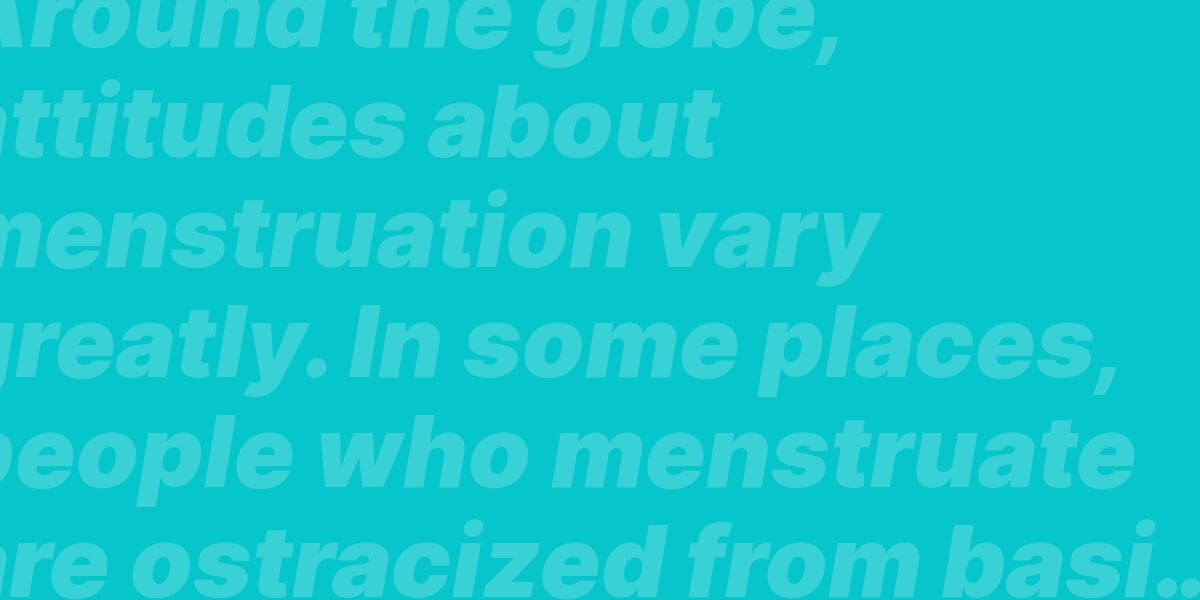Diapers, maternity clothes and menstrual products are one step closer to becoming sales tax-free in Texas after the House passed a bill repealing the “tampon tax” Tuesday.
If the bill becomes law, Texas will join the slim majority of states that have nixed the sales tax on menstrual products, as well as diapers for adults and children, baby wipes, breast milk pumping products, baby bottles and maternity clothes.
The House voted 129-14 to pass Senate Bill 379, which already passed the Senate.
The bill is identical to House Bill 300, which the House passed earlier this session but had stalled in the Senate in favor of that chamber’s version of the bill.

State Rep. Donna Howard, an Austin Democrat who has been pushing this legislation for years, said Monday that “imitation is the sincerest form of flattery” about the near identical bill authored by State Sen. Joan Huffman, R-Houston, in the Senate.
“The Texas House can proudly say that we are so supportive of Texas families that we have passed meaningful sales tax relief for them twice this session,” she said.
Gov. Greg Abbott has said he supports repealing the tax.
While Democratic lawmakers have been pushing this legislation for years, it emerged as a bipartisan priority this session as Republicans sought to shore up support with women after the near-total banning of abortion.
“After four sessions and the speaker making it a priority…we now are able to pass tonight a bill that will bring tax relief to many Texas families,” Howard said Tuesday.
In his opening remarks in January, House Speaker Dade Phelan noted how rare it is for a single parent in Texas to be able to afford child care, health care, transportation and housing.
“How can we improve their lives and their children’s futures? Tax-free diapers, wipes and other child care supplies would be a great start,” he said.
The bill is expected to cost the state about $227 million in general revenue funds over the next two years.
On Monday, Howard noted that the bill was coming to the House at the start of “Period Poverty Awareness Week,” meant to raise awareness about the indignities suffered by people who cannot afford menstrual products.
Nationally, 2 in 5 women have said they’ve struggled to buy period products, and 1 in 4 teenage girls have missed class as a result.
Volunteer menstrual equity groups, mostly led by teenagers, have popped up around Texas in recent years to distribute free period products and advocate for lowering the cost burden of monthly supplies.
You might also like: Meet the Texas Teens Who Fought To Repeal the 'Tampon Tax'
This story by Eleanor Klibanoff, was originally published by The Texas Tribune, a nonprofit, nonpartisan media organization that informs Texans — and engages with them — about public policy, politics, government and statewide issues.





